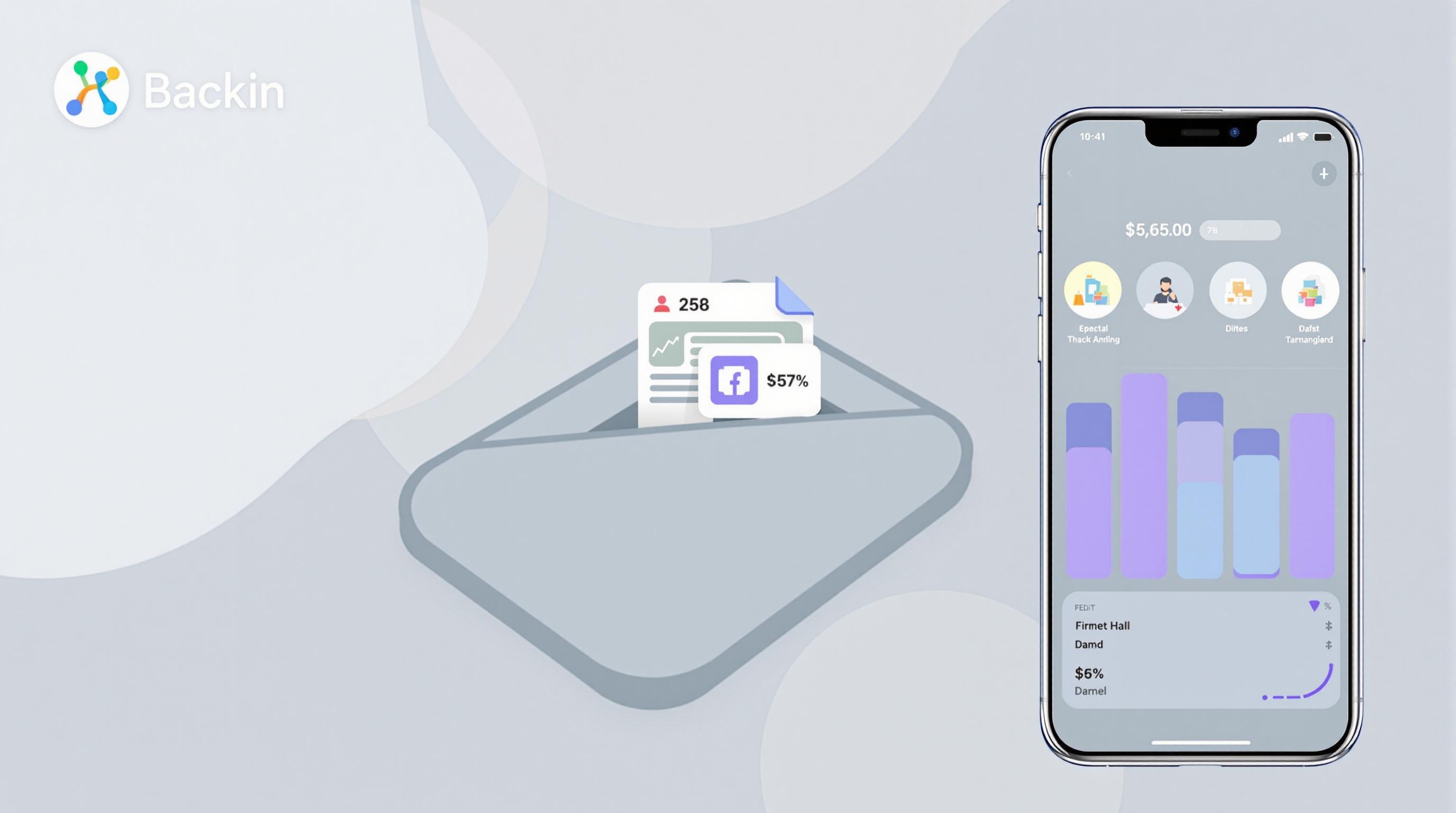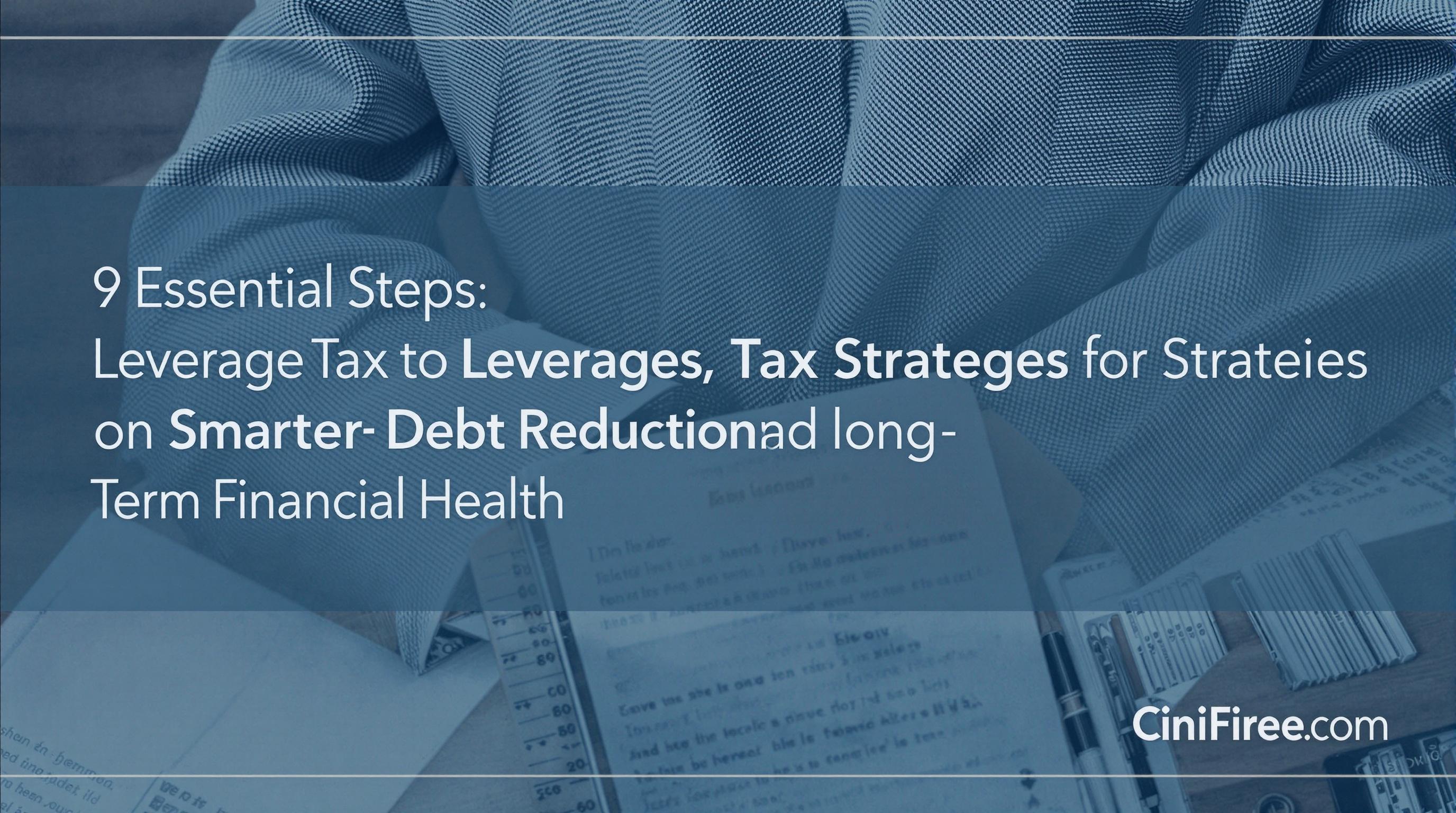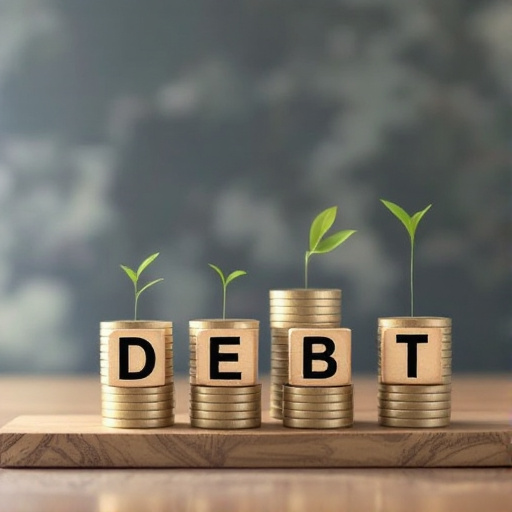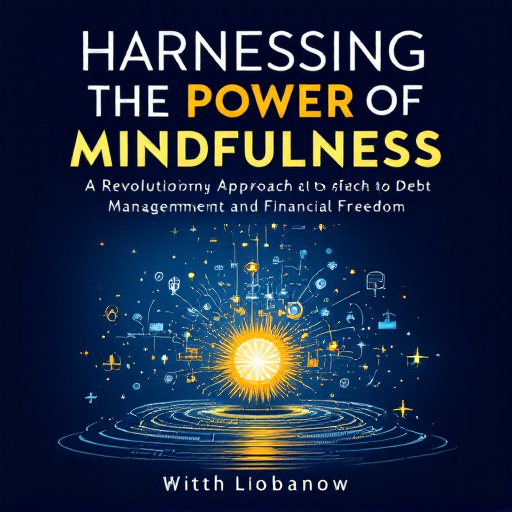Featured Articles
- 9 Essential Steps to Leverage Tax Strategies for Smarter Debt Reduction and Long-Term Financial Health
- Beyond Budgeting: The Surprising Role of Minimalism in Effective Debt Management
- "Debt Management in the Age of AI: Can Algorithms Help You Break Free from Financial Chains?"
- Harnessing the Power of Mindfulness: A Revolutionary Approach to Debt Management and Financial Freedom
- The Psychology of Debt: How Emotional Spending Fuels Financial Mismanagement
The Psychology of Debt: How Emotional Spending Fuels Financial Mismanagement
The Psychology of Debt: How Emotional Spending Fuels Financial Mismanagement
Emotional spending is a complex web of psychological triggers that can lead to significant financial mismanagement, often resulting in a cycle of debt. Understanding this relationship between emotions and money can help individuals break free from unhealthy financial habits and empower them to regain control of their financial futures.
Understanding Emotional Spending
We’ve all been there. You had a tough day, and suddenly, the lure of retail therapy pulls you in. According to a survey conducted by the American Psychological Association, nearly 62% of Americans report that they sometimes or often spend money as a way to cope with stress (APA, 2021). This response—a spontaneous urge to splurge—is often linked to deeper emotional triggers such as sadness, anxiety, or even boredom.
The Brain on Debt
As a 25-year-old writer who craves the occasional comfort of material things, I've often turned to shopping sprees to ease my stress. While the initial thrill can be exhilarating, it's not long until the euphoria dissipates, replaced by the anxiety of upcoming credit card bills. A 2019 study published in the journal *Emotion* found that individuals with high levels of emotional distress are more likely to incur debt, creating a vicious cycle. The chemistry of the brain is such that shopping can release dopamine, the “feel-good” hormone, but this short-term high can lead to long-term financial heartache.
One Woman's Story
Meet Sarah, a 32-year-old teacher who found herself swimming in debt after several months of impulse buying. “At first, it felt amazing,” she recalls. “I got compliments on my new clothes, and I loved scrolling through Instagram and seeing the latest trends. But then I checked my bank account and saw that I was overdrawn.” Sarah’s case isn’t unique—many people find solace in acquiring things when faced with emotional difficulties, only to be met with regret later.
The Sociocultural Influence on Spending
But it's not just personal feelings that fuel emotional spending; societal pressures can exacerbate the issue. Social media platforms, especially sites like Instagram, often portray a life of luxury and "fabulous" spending habits. A recent study found that individuals who frequently engage with luxury influencers report a higher tendency towards emotional spending (Smith & Lutz, 2022). This influence can create a false narrative that happiness is tied to material goods.
Generational Perspectives
Interestingly, age plays a significant role in how people view debt and spending. Millennials, for instance, are often labeled as spenders, yet they also carry student debt, a combination that creates a complicated relationship with money. On the flip side, older generations might be more conservative due to past financial crises, but they too can succumb to emotional triggers. A Boomers’ perspective might sound something like, “I worked hard for what I have; I deserve a little luxury,” often leading them to overspend in retirement.
The Anxiety of Financial Management
For many, keeping an eye on finances can be a source of dread. A study by the Federal Reserve revealed that over 40% of Americans would struggle to pay for an unexpected $400 expense (Federal Reserve, 2020). This anxiety can lead to escapism, where individuals indulge in emotional spending as a way to distract themselves from financial woes. Yet, these purchases ultimately contribute to a sense of powerlessness and distress, leading right back to where they started: in debt.
Breaking the Cycle
So how do we break this cycle of debt? It begins with awareness. Keeping a journal of spending habits can bring hidden emotional triggers to light. When Sarah began tracking her expenses, she noticed that around her birthday, she would buy more clothes to "celebrate." Once she recognized this pattern, she decided to create birthday traditions that didn’t involve spending, such as hosting a potluck with friends. This simple shift not only strengthened her relationships but also alleviated her financial pressure.
Mindfulness and Spending
Incorporating mindfulness practices can also provide a buffer against emotional spending. Take a moment—when the urge to splurge hits, pause and ask yourself if the purchase aligns with your long-term financial goals. This can create a moment of clarity, steering you away from impulse decisions. Research shows that practicing gratitude can serve as an antidote to consumerism; a study from *Psychological Science* indicated that grateful individuals are less likely to engage in materialistic behaviors (Lambert et al., 2012). Gratitude shifts focus from what we want to what we already have—an empowering reframing of priorities.
Tools and Resources
There are numerous tools available today to aid individuals in their fight against emotional spending. Budgeting apps like Mint or YNAB (You Need A Budget) help visualize spending habits, offering a concrete sense of financial health. Additionally, online support groups such as “The Budget Mom” community can provide social support, making the financial journey feel less solitary.
Reframing Your Mindset
In embracing a healthier financial mindset, consider seeking professional help if emotional spending becomes overwhelming. Financial therapists can help unravel the emotional complexities tied to spending and guide you toward healthier habits. Money isn't just about numbers; it's also deeply tied to our emotions, our self-worth, and our feelings of security.
The Humorous Side of Debt
Let’s lighten the mood a bit. You know you’re in too deep with emotional spending when your shopping bags have names. “Hi, I’m Kelly, and this here is Algordon—he cost more than my groceries for the month.” While humor can be a coping mechanism, it’s essential to recognize when the joke is on you and your bank account!
Final Thoughts
Debt is more than just a financial issue; it’s an emotional journey that affects everyone differently. By understanding the psychological triggers behind emotional spending, we pave the way to empowerment and smarter financial decisions. Whether you’re 16 or 70, becoming aware of why we spend can help break the cycle of debt and pave the way toward financial well-being. Remember, the next time you feel the urge to shop, ask yourself: Is this purchase truly worth it, or am I just trying to buy happiness?
In the end, the journey to financial health is just that—a journey. One small step at a time, we can all work towards breaking free from the chains of emotional spending and reclaiming our financial futures.




